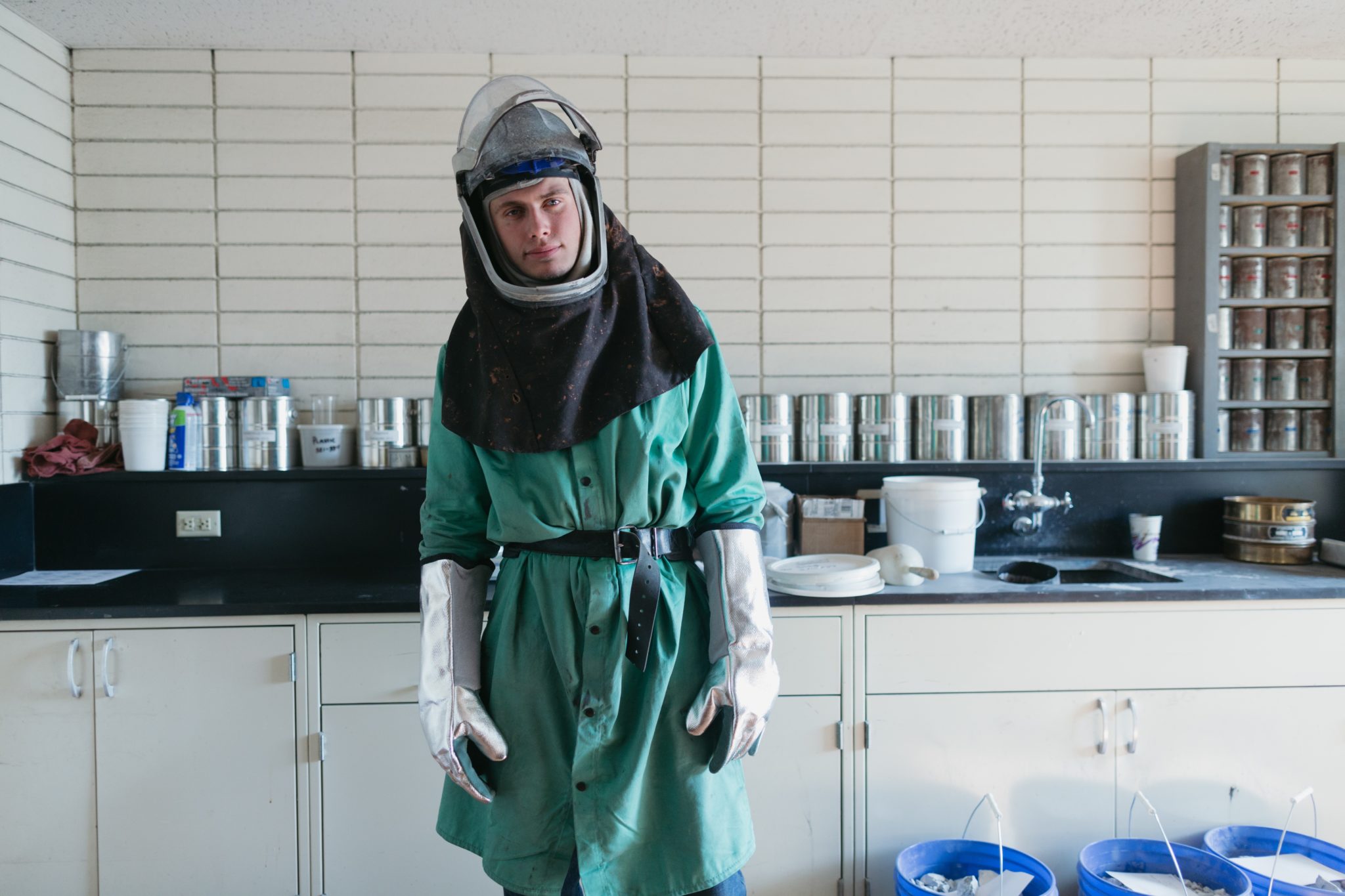


A joint initiative between the University of Bergen
and CMI – Chr. Michelsen Institute
Multi-Resistant Bacteria and the Future of Antibiotics
Sabrina Moyo (UiB) an Hugo Illimar Rekand (UiB) in conversation with Karine Aasgaard Jansen (Umeå University)

For more than 70 years, antimicrobial drugs, such as antibiotics, have successfully treated patients with infections. Over time, however, many infectious organisms have adapted to the antibiotics, making them less effective. The misuse and overuse of antibiotics have made resistance develop even faster.
This breakfast forum addresses the consequences of multi-resistant bacteria. Why is the multi-resistant bacteria a global concern? What are the prospects for the use of antibiotics in the future? And what are the opportunities for making new medicines?
Who will win the race: The multi-resistant bacteria or the scientists?
Illimar Hugo Rekand (UiB) is a Phd candidate at The Department of Bio-medicine. He took his Bachelor and Master’s degree at University of Bergen, with focus on synthetic chemistry in a group working with medicinal chemistry, where he worked on a project related to phenylalanine hydroxylase (PAH) and Fölling’s disease. Started his PhD in 2017 on a project relating to ribo switches as targets for new antibiotics in the research group of Ruth Brenk. Also participated this year in Research Grand Prix, which focuses on science communication.
Sabrina J Moyo, M.D., is currently Post-doctoral research fellow at the Department of Clinical Sciences, University of Bergen. She received her medical training at the University of Dar es Salaam, Tanzania. She conducted additional post-graduate studies specialising in Clinical Microbiology at Muhimbili University of Health and Allied Sciences in Dar es salaam, Tanzania with one-year fellowship attachment at Haukeland Hospital, Bergen. She did her PhD at the University of Bergen. She conducted research on infectious diseases such as diarrhoea, malaria and blood stream infections with emphasis on antimicrobial resistance. Currently working on multi resistant bacteria in children with blood stream infection in Dar es salaam, Tanzania.
Karine Aasgaard Jansen is a senior researcher in ethnology at the Department of Culture and Media Studies at Umeå University in Sweden. She is also affiliated to the Centre for International Health at the University of Bergen. She holds a Cand. Polit in social anthropology, and a PhD in cultural studies. She has worked within the field of medical anthropology for years, primarily focusing on the politicisation of epidemics such as the 2005-2007 chikungunya epidemic in Réunion, and the 2009-2010 swine flu pandemic in Norway. Her primary research interests concern local experiences with, and cultural conceptualisations of, disease and contagion. She has done extensive ethnographic fieldwork in Réunion, Mauritius and Madagascar, and is currently leading the research project “Contagion and culture: The 2005-2007 chikungunya epidemic in the Western Indian Ocean” which is funded by the Swedish Research Council.
Breakfast Forum with croissants, coffee and tea. The event is free and open for all!
Photo credit: Gabriel Gurrola/Unsplash
Go to webpage
